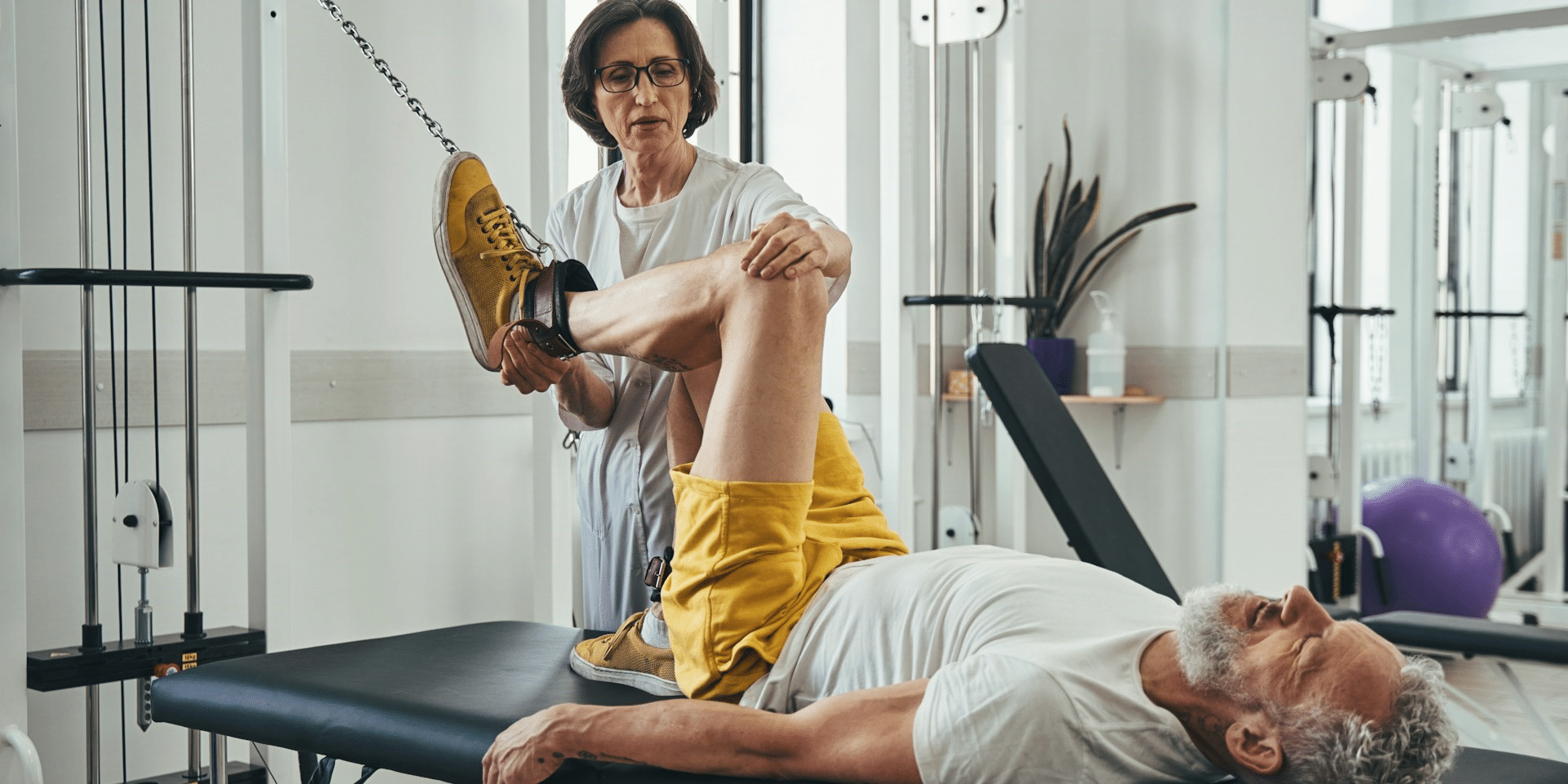Healthy knees are essential for maintaining mobility and quality of life. The knees bear much of the body’s weight and endure considerable stress during daily activities, from walking and climbing stairs to exercising and standing. Because of their crucial role, taking proper care of the knees is vital to prevent pain, injury, and long-term conditions such as arthritis. Understanding how to maintain healthy knees can help individuals stay active and avoid complications that limit movement.
Read also: Exploring the Optimal Frequency of Exercise in a Week
Understanding Knee Anatomy and Function
The knee is a complex joint composed of bones, cartilage, ligaments, tendons, and muscles that work together to allow smooth and flexible movement. It connects the thigh bone (femur) to the shinbone (tibia) and includes the kneecap (patella), which protects the joint. Cartilage cushions the bones, reducing friction during motion, while ligaments provide stability.
Because the knees absorb shock and support body weight, they are prone to wear and tear. Activities involving sudden twisting, bending, or high impact can strain the knee joint. Over time, the cartilage can deteriorate, leading to discomfort and limited mobility. Recognizing the knee’s structure and function underscores the importance of proper care to preserve joint health.
Adopting Healthy Lifestyle Habits for Knee Care
Maintaining healthy knees begins with lifestyle choices that reduce stress on the joints. Regular low-impact exercise such as walking, swimming, or cycling helps strengthen muscles around the knees, improving support and stability. Strong muscles reduce the load placed directly on the knee joint, which can delay or prevent damage.
Proper body weight management is another key factor. Excess weight increases pressure on the knees, accelerating joint wear. By adopting a balanced diet and staying active, individuals can maintain a healthy weight and reduce the risk of knee problems.
Avoiding prolonged periods of inactivity is important as well. Sedentary lifestyles contribute to joint stiffness and muscle weakening. Incorporating movement throughout the day keeps the knees flexible and resilient.
Practicing Safe Movements and Preventing Injury
Preventing knee injuries requires awareness of movement patterns and adopting safety measures. When lifting heavy objects, bending at the knees instead of the waist reduces strain. Wearing appropriate footwear with good support helps maintain proper alignment and absorbs shock.
During physical activities, warming up and stretching the muscles surrounding the knees prepare the joint for movement, reducing injury risk. Avoiding sudden changes in intensity or overexertion allows the knees to adapt gradually to stress.
For those engaged in sports or physically demanding tasks, using protective gear such as knee braces or pads offers additional support. Listening to the body and resting when experiencing pain or discomfort prevents further damage.
Seeking Professional Advice and Treatment When Needed
Even with proper care, knee issues can arise due to age, injury, or medical conditions. Consulting healthcare professionals at early signs of knee pain or stiffness ensures timely diagnosis and treatment. Physical therapists can design personalized exercise programs to strengthen the knees and improve function.
In some cases, medical interventions such as medications, injections, or surgery may be necessary to address underlying problems. Early intervention often results in better outcomes and helps maintain knee health.
Regular check-ups and monitoring of knee health enable proactive management. Being informed about the condition of the knees allows individuals to adjust activities and care routines accordingly, preserving mobility and quality of life.
Read also: The Power of Flow and Living in the Moment
Prioritizing Knee Health for Long-Term Mobility
Healthy knees contribute significantly to overall well-being by supporting movement and independence. Through understanding knee anatomy, adopting healthy habits, practicing safe movements, and seeking professional care when needed, individuals can maintain knee health effectively.
Taking care of the knees is a lifelong commitment that pays off in sustained mobility and reduced risk of pain or disability. Prioritizing knee health helps people stay active, enjoy daily activities, and live a fuller life.















